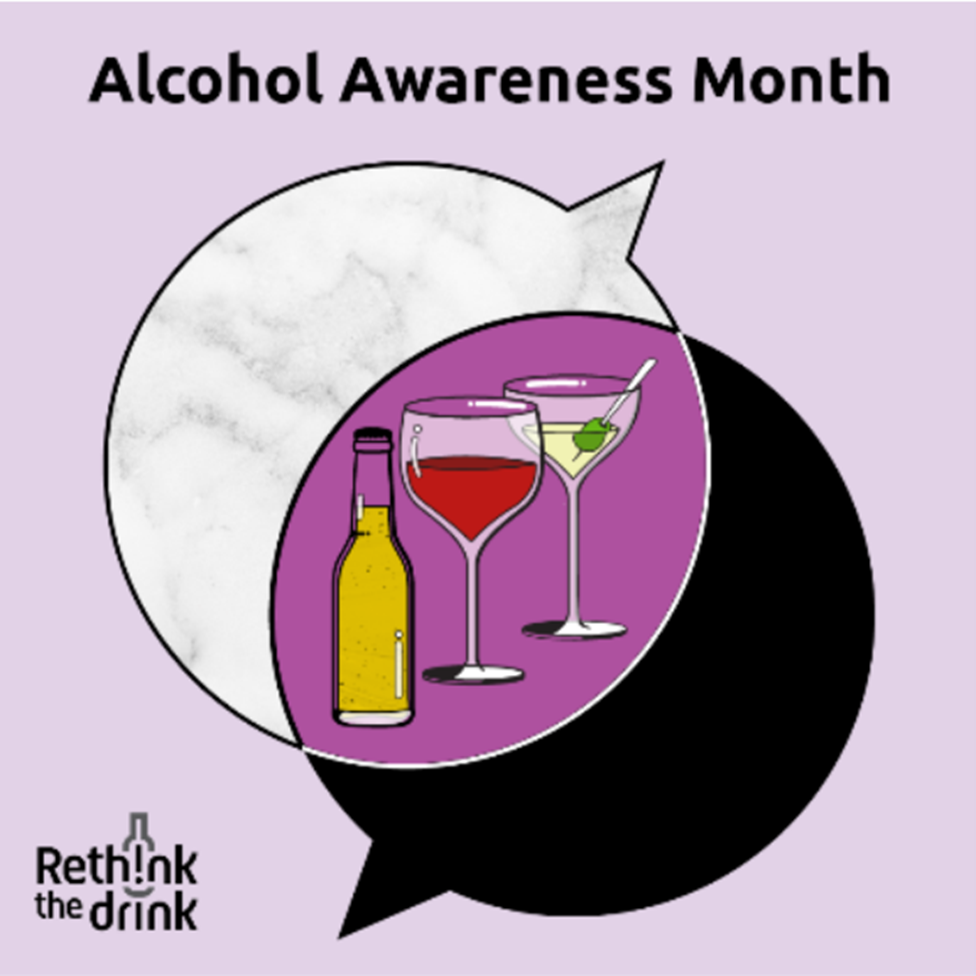
April marks Alcohol Awareness Month, a time dedicated to raising awareness about the dangers of excessive alcohol use and promoting strategies for prevention. As we embark on this important initiative, it’s crucial to understand the significance of responsible alcohol consumption and the steps we can take to prevent alcohol-related harms. Here are some key tips to help individuals make informed choices and stay safe:
1. Educate Yourself. We’ve all heard the phrase, “Knowledge is Power”. Take the time to learn about the effects of alcohol on the body and mind, including short-term impairments and long-term health consequences. Understanding the risks associated with excessive drinking can empower you to make healthier choices.
2. Set Limits. Establishing personal limits on alcohol consumption is essential for responsible drinking. Know your tolerance level and stick to it. Consider using strategies like counting drinks, alternating with water, or setting a time limit for drinking to prevent overindulgence.
3. Plan Ahead. Before heading out to social gatherings or events where alcohol will be present, have a plan in place. Decide in advance how many drinks you will have and how you will get home safely. Designate a sober driver, use public transportation, or arrange for a ride-sharing service to ensure you don’t drink and drive.
4. Be a Responsible Host. If you’re hosting a social gathering where alcohol will be served, take steps to promote responsible drinking among your guests. Offer non-alcoholic beverage options, serve food to help slow the absorption of alcohol, and intervene if someone appears to be intoxicated and at risk of harm.
5. Know When to Say No. Peer pressure can be a significant factor in alcohol consumption, especially among young adults. It’s okay to decline alcohol if you’re not comfortable or if you’ve already reached your limit. Stand firm in your decision and suggest alternative activities that don’t involve drinking,
6. Practice Self-Care. Excessive alcohol use can often be linked to underlying stress, anxiety, or depression. Take care of your mental and emotional well-being by engaging in activities that promote relaxation and stress relief, such as exercise, meditation, or spending time with loved ones.
7. Seek Support. If you or someone you know is struggling with excessive alcohol use, don’t hesitate to seek help. There are numerous resources available, including support groups, counseling services, and treatment programs. Reach out to friends, family, or healthcare professionals for support and guidance.
By following these prevention strategies and fostering a culture of responsibility and awareness, we can work together to reduce the prevalence of alcohol misuse and its associated consequences. To learn more, visit the helpful resources below.
Helpful Resources:
- Rethink the Drink. https://www.rethinkthedrink.com/
- Centers of Disease Control and Prevention. https://www.cdc.gov/alcohol/fact-sheets/alcohol-use.htm
- National Institute on Alcohol Abuse and Alcoholism. https://www.niaaa.nih.gov/
- Responsibility.org. https://www.responsibility.org/
- Mental Health Foundation. https://www.mentalhealth.org.uk/explore-mental-health/a-z-topics/alcohol-and-mental-health